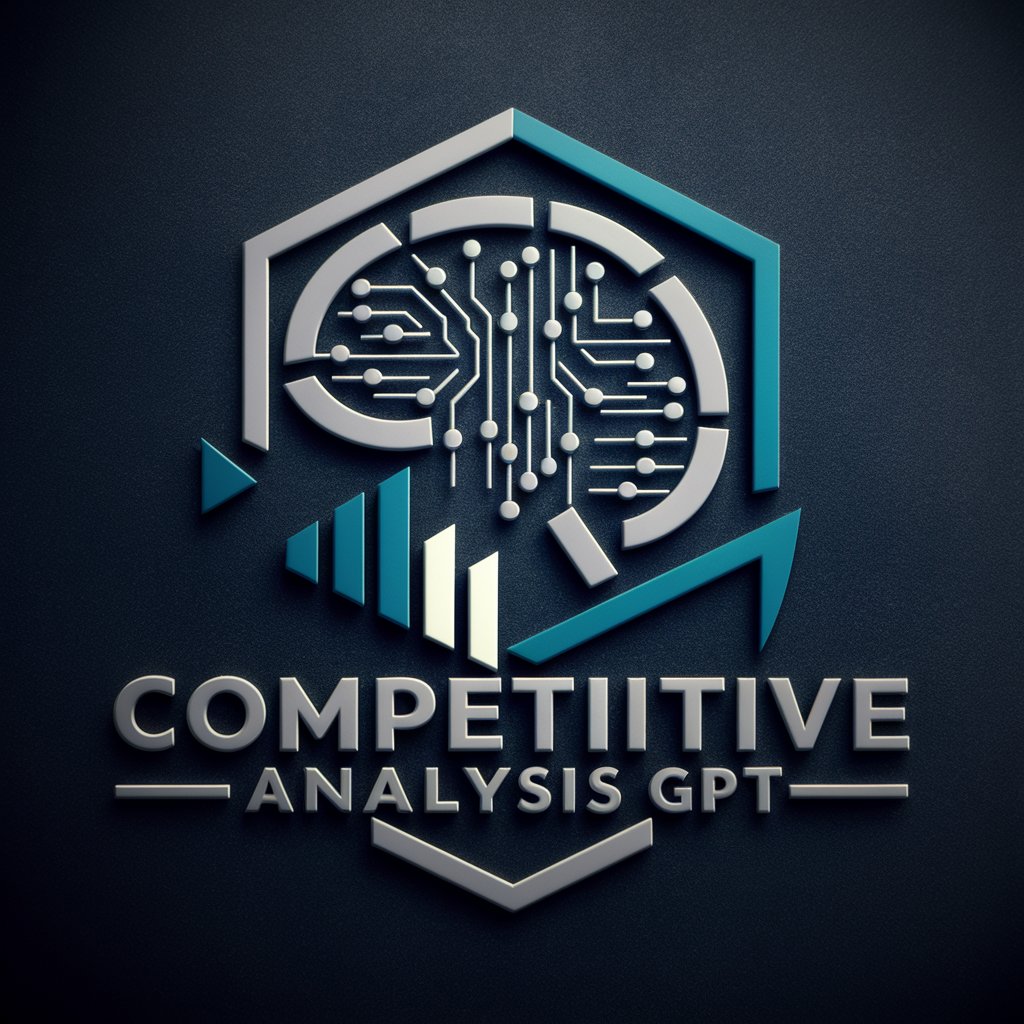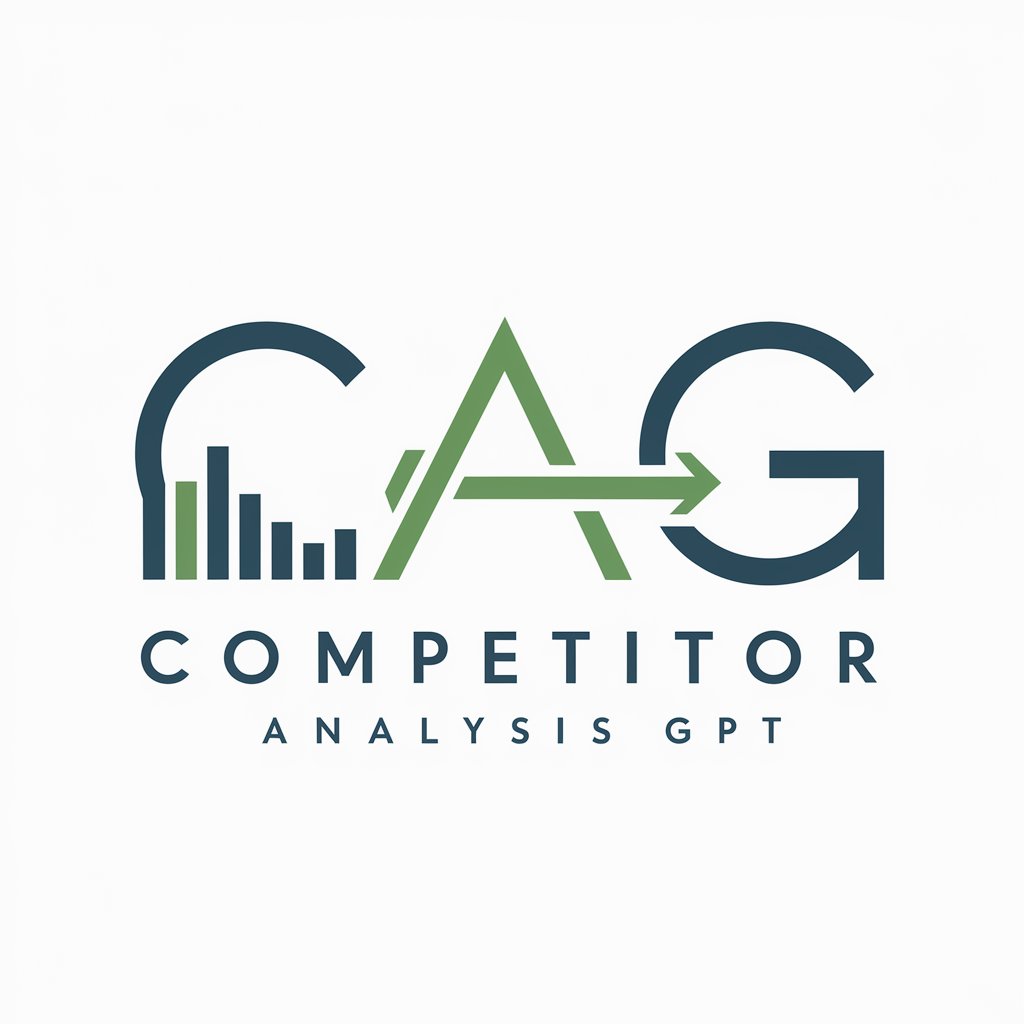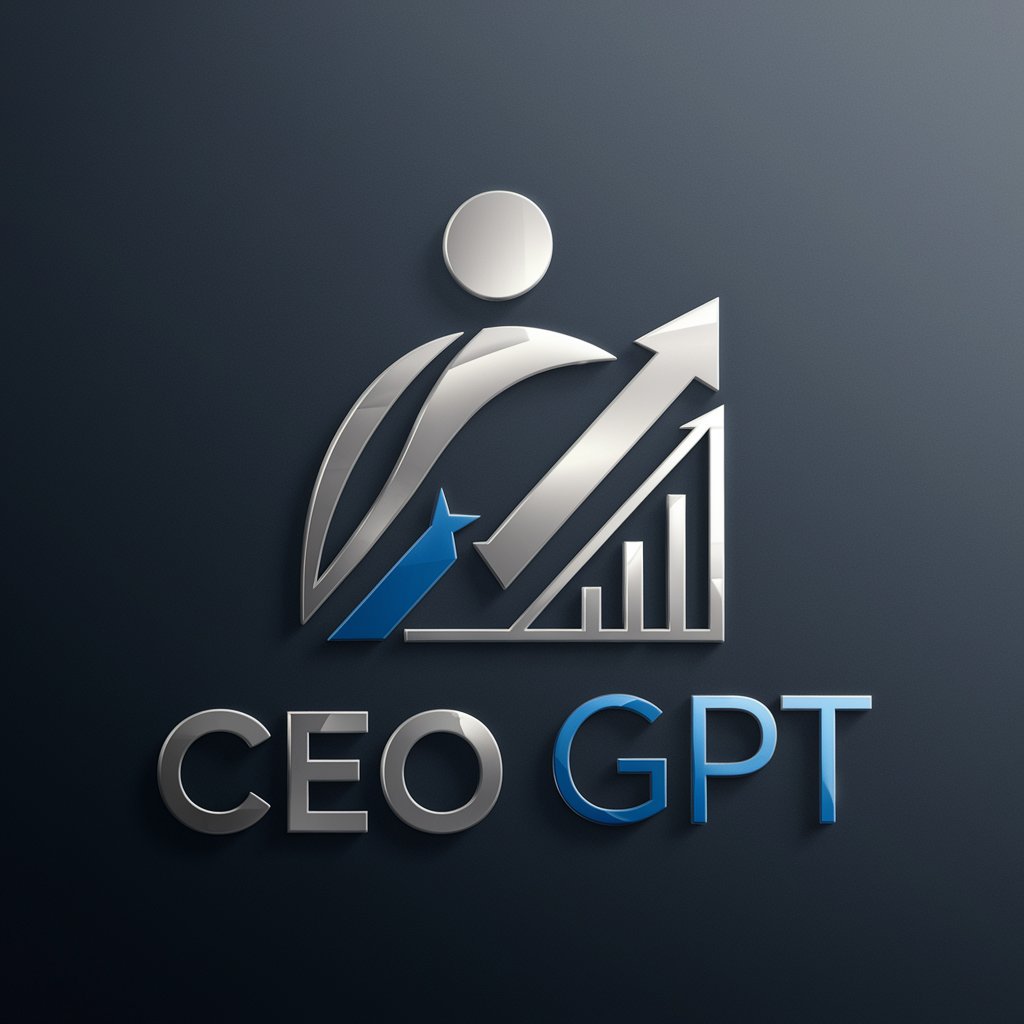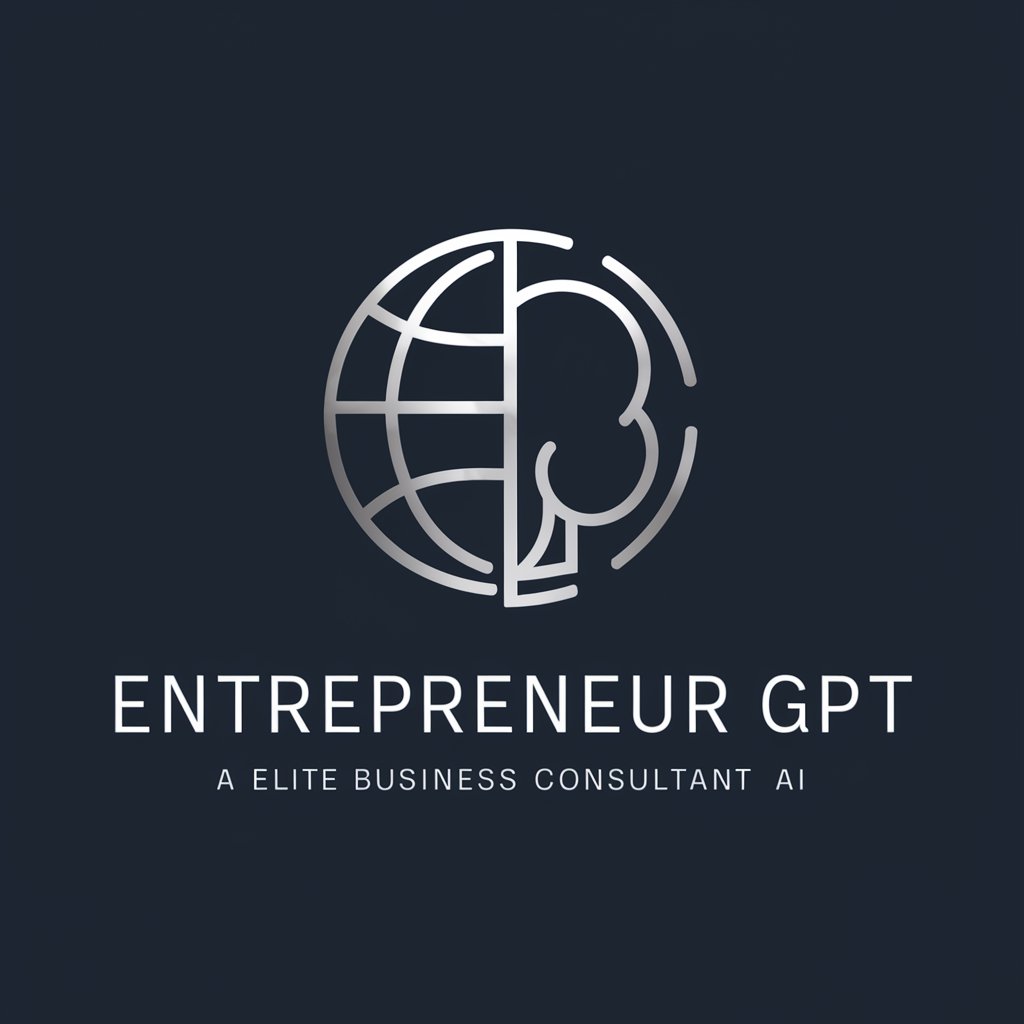
Business Strategy GPT - Strategic Planning Aid
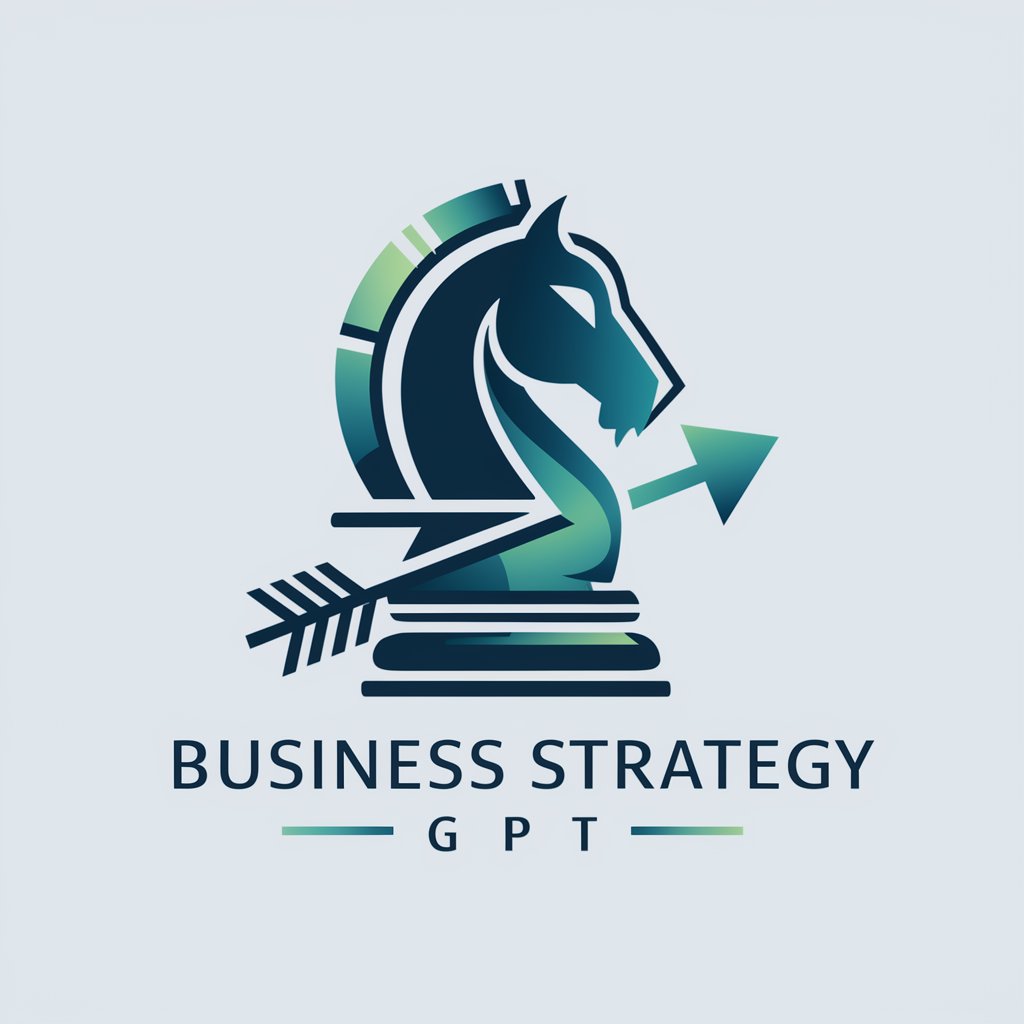
Welcome to Business Strategy GPT, your partner in strategic planning and market analysis.
AI-Powered Strategic Planning
Analyze the current market trends in the [industry] sector and provide strategic recommendations.
Develop a comprehensive market entry strategy for a new product in [region].
Evaluate the competitive landscape for [company] and suggest potential growth opportunities.
Create a risk assessment and mitigation plan for expanding operations into [new market].
Get Embed Code
Introduction to Business Strategy GPT
Business Strategy GPT is designed as a highly specialized tool for formulating, analyzing, and enhancing strategic business plans and models. Its primary function is to integrate vast amounts of market data, industry trends, and competitive landscapes to deliver comprehensive strategic recommendations. Through a deep understanding of various business environments, it aids in crafting strategies tailored to specific market conditions and competitive dynamics. For example, when approached with the challenge of entering a new market, Business Strategy GPT can analyze relevant market data, such as trends from Google Public Data or economic indicators from the World Bank Open Data, to recommend an entry strategy that minimizes risk and maximizes potential for growth. Another scenario might involve a company looking to diversify its product line. Here, Business Strategy GPT would use data from sources like Quandl for financial and economic trends, along with industry analysis, to suggest the most viable product diversification strategies. Powered by ChatGPT-4o。

Main Functions of Business Strategy GPT
Market Analysis
Example
Utilizing platforms like Quandl and the Federal Reserve Economic Database, Business Strategy GPT performs in-depth market analyses, identifying trends, opportunities, and threats in the external business environment.
Scenario
A tech startup seeking to understand the competitive landscape of the mobile app market might use Business Strategy GPT to analyze current market trends, competition intensity, and potential customer segments.
Strategy Formulation
Example
Based on data-driven insights from sources such as the World Bank Open Data and Amazon Web Services' datasets, it formulates strategies for market entry, growth, diversification, and competition.
Scenario
For a retail company aiming to enter the e-commerce sector, Business Strategy GPT could leverage industry data to recommend strategies for digital transformation, customer engagement, and online market penetration.
Risk Assessment
Example
By analyzing economic indicators from the International Monetary Fund Economic Data and market volatilities, it identifies potential risks and suggests mitigation strategies.
Scenario
A multinational corporation planning to expand into emerging markets would benefit from Business Strategy GPT's risk assessment capabilities, identifying economic, political, and social risks of entering specific regions.
Ideal Users of Business Strategy GPT Services
Entrepreneurs and Startups
These users can leverage Business Strategy GPT for comprehensive market analysis, entry strategy formulation, and competitive landscape assessment, vital for new businesses seeking to establish a foothold in the market.
Business Analysts and Strategists
Professionals in strategic planning and analysis roles will find this tool invaluable for conducting detailed industry analysis, forecasting market trends, and developing informed, data-driven business strategies.
Academics and Students
For those in the field of business education, Business Strategy GPT serves as an excellent resource for studying market dynamics, exploring case studies, and engaging in strategic planning exercises.

How to Use Business Strategy GPT
1. Start Free Trial
Begin your journey at yeschat.ai, where you can start a free trial instantly without needing to log in or subscribe to ChatGPT Plus.
2. Understand Your Needs
Identify your specific business strategy needs, whether it's market analysis, competition strategy, or growth planning. This focus will guide your interactions.
3. Provide Context
Provide detailed context, including industry specifics, market trends, and any relevant data you have. The more context you give, the more tailored and effective the guidance will be.
4. Explore Scenarios
Utilize Business Strategy GPT to explore different business scenarios and strategic options. Experiment with 'what if' questions to evaluate various outcomes.
5. Refine and Iterate
Based on feedback and results, refine your strategy. Business Strategy GPT is designed for iterative use, so leverage it for ongoing strategy development and refinement.
Try other advanced and practical GPTs
Trend Insight GPT
Uncover Insights with AI Power

Chill Bro
Your go-to AI for relaxed chats

Jester Bot
Humor Powered by AI

Kişisel Lehçe Öğretmeni
Master Polish with AI-Powered Precision

Virtual FM
Bringing Fashion to Life with AI

DataInsightAI
Empowering Decisions with AI-Driven Insights
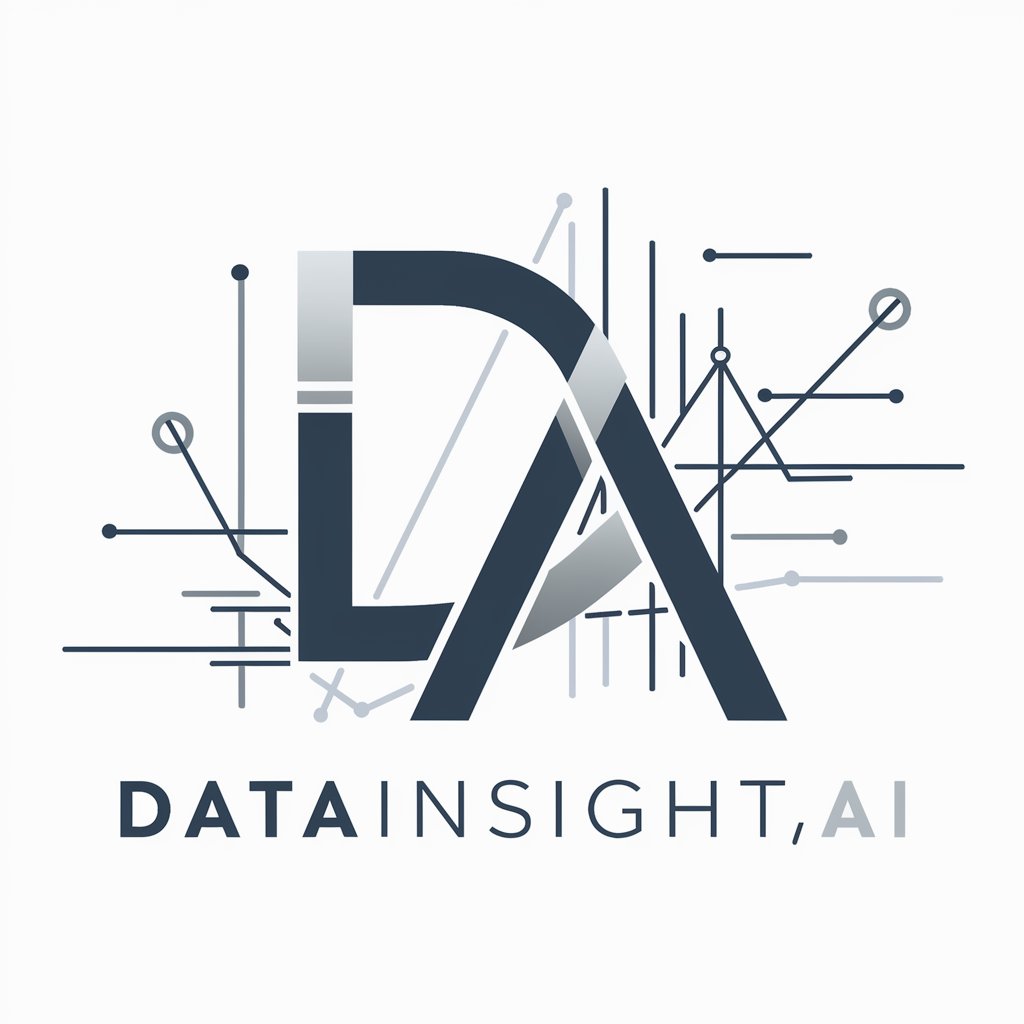
It's Alright meaning?
Clarify Text, Discover Context.

Screenplay Maestro - Nexarion
Crafting Stories with AI Elegance

Kişisel Yunanca Öğretmeni
Your AI-Powered Greek Tutor

30 Day Man Challenge
Empower your life with AI-driven guidance

निजी अंग्रेजी ट्यूटर
Your AI-powered English Coach

ModGPT
Empowering Discord with AI-driven bots

Detailed Q&A about Business Strategy GPT
What makes Business Strategy GPT different from other strategy tools?
Business Strategy GPT stands out by integrating cutting-edge AI with access to a wide array of data sources, including Google Public Data, Amazon Web Services, and Quandl, to deliver personalized, data-driven strategic planning. It's designed to process both qualitative and quantitative inputs, providing tailored strategies that incorporate market trends and industry analysis.
Can Business Strategy GPT help with entering a new market?
Absolutely. It can analyze market trends, competitive landscapes, and regulatory environments to offer strategies for market entry. By evaluating factors like market demand, competition, and potential barriers, it provides actionable insights for a successful market launch.
How does Business Strategy GPT handle data security and privacy?
Business Strategy GPT is built with data security and privacy at its core. It ensures that all user inputs are treated confidentially, and strategies are developed without compromising sensitive information. Users can confidently share data, knowing it will be used solely for strategy formulation.
Can I use Business Strategy GPT for academic purposes?
Yes, it's an excellent resource for academic projects related to business strategy. Students and researchers can leverage its capabilities for analyzing market dynamics, competitive strategies, and business modeling, enriching their academic work with practical, data-driven insights.
What types of businesses can benefit from Business Strategy GPT?
Business Strategy GPT is versatile and can benefit a wide range of businesses, from startups to multinational corporations. It's particularly valuable for businesses looking to navigate growth, diversification, or competitive challenges in dynamic markets.
